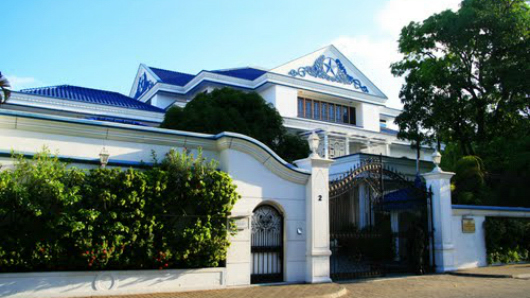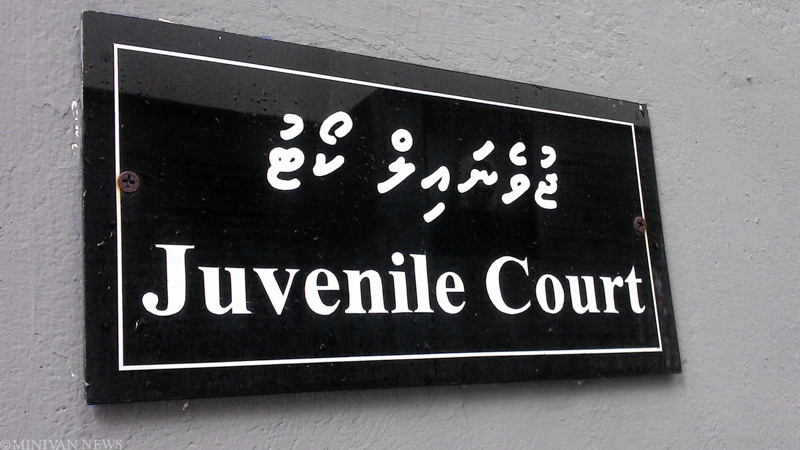Murder convict Hussain Humam has claimed that former state minister for home affairs Mohamed Fayaz ‘FA’ threatened to kill his family if he did not confess to killing Dr Afrasheem Ali, local media report.
At a hearing of his appeal at the High Court yesterday, Human alleged attempts by Fayaz, police officers and state prosecutors to coerce a confession.
The state minister told Humam that “the people who murdered Dr Afrasheem can also murder your family,” he claimed.
Humam said he confessed to the crime at the criminal court due to “psychological abuse.”
“I was shown photos of the murdered MP and intimidated by police. I tried to hang myself at jail,” he was quoted as saying by local media.
The late moderate religious scholar and Progressive Party of Maldives (PPM) MP was brutally stabbed to death on October 1, 2013 in a murder that shocked the nation.
Humam was arrested within hours after Afrasheem’s body was found and charged with murder in January 2013. After pleading not guilty, Humam confessed to the killing at a hearing in May 2013 and gave a detailed account of the murder.
However, a month later, Humam retracted the confession, claiming police obtained it through coercion.
Suspicion has since been cast upon the opposition Maldivian Democratic Party (MDP), religious extremists and President Abdulla Yameen. Humam is the only person convicted so far despite police saying the murder was premeditated and politically motivated.
The next hearing will be the final hearing in the case, judges said yesterday.
At a previous hearing, Humam alleged the president and tourism minister Ahmed Adeeb’s involvement in the murder, saying the pair “will know best” the details of the case.
Last week, President Yameen threatened to prosecute Adhaalath Party president Sheikh Imran Abdulla over allegations linking him to the murder, whilst Adeeb accused the MDP and Humam’s lawyer, Abdulla Haseen, of orchestrating Humam’s remarks at court in a “character assassination” attempt.
Yameen has also vowed to enforce the death sentence against Dr Afrasheem’s murders. Humam was sentenced to death in January 2013.
“God willing the death sentence will be implemented by the end of this year for the murderers of Dr. Afrasheem,” Yameen said in April.
A second suspect charged with murder, Ali Shan, was acquitted of murder in September last year with the court citing insufficient evidence.
Shan was implicated in Humam’s confession, but the judge said several witnesses had testified that the accused was at a restaurant at the time the murder took place.
A third suspect, Azlif Rauf, who Humam said planned the murder, meanwhile left to Turkey with six members of Malé’s Kuda Henveiru gang in January.

